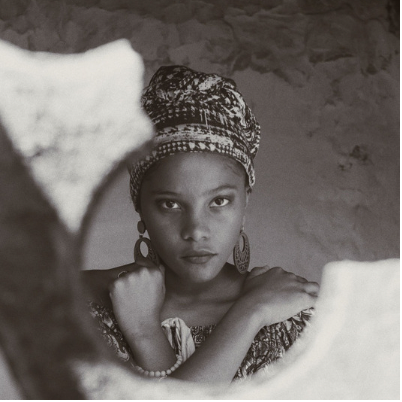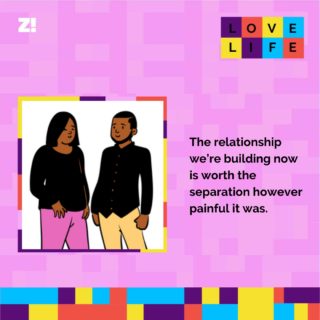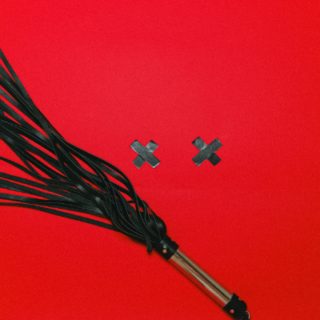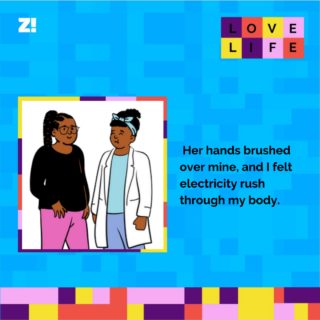Igbo culture, like every other Nigerian culture, has parts that should be glorified and parts that can be done away with over the years. Following a Twitter conversation on how Igbo culture treats women, we spoke to seven Igbo women and here’s what they had to say:

Uju, 42
My mum is a Trinidadian woman. She met my father at university in England. They got married and moved to Enugu in the early 60s with their newborn daughter. My mum worked as a midwife at the University of Nigeria Teaching Hospital and contributed to the family’s wealth but my father complained about my mum’s imperfect Igbo. She understood the language but struggled to speak it. He said he needed somebody with whom he could express his true heart and there were so many somebodies. Random women would stop her on the streets greeting her as “Nwunye di’m” or “my co-wife.”
At work, a doctor once cornered my mum, grabbed her breasts, and tried to rape her. He said he thought she needed love since everybody knew her husband’s attention was occupied with others.
During the war in 1967, my father left my mum with his family to live with his mistress. By then, they had two kids at age six and four and my mum was pregnant with a third child. After the war, he married his mistress and brought her to live in our house. My mum begged him to keep her in one of his other houses but he refused. My mum took the matter to the Umunna council of male elders begging for help. My father was a rich man with many houses so he could have separate houses for his wives but the elders refused. They asked my mum who she thought she would have such a big man to herself. My mum was a devout Catholic and couldn’t openly tolerate polygamy so, after that meeting, she started planning to leave my father. The whole thing lasted for a couple of years. She could pretend she didn’t see her husband’s infidelity for 25 years, but the breaking point was being forced to publicly condone it by living with him and another wife.
For the last two years of her marriage, she hid cash and sold her jewellery. She took a suitcase to her work office and packed her property in bits. My clothes were disappearing, and I didn’t understand why. When a box was full, she hid it at her best friend’s home. My mum’s chance to leave came with a wedding invite to Lagos. She first travelled to buy tickets, then she sent her big suitcases to a friend in Lagos.
When it was time for the wedding, she travelled to Lagos with two of her youngest kids — me and my brother. We never made it to the wedding. That night, we boarded another plane much bigger than the one we flew from Enugu to America. It was on our way, my mum explained that she was leaving my father. By law, the children belonged to the father and so she was kidnapping us. We arrived in the US and hid for two more years before my father came to look for us.
My life changed overnight — I moved to a new continent with no prior notice because my mum decided she was done with her husband and his family’s mess. Parts of the Igbo culture that absolve men from their responsibilities is something that will never sit well with me.
Oge, 23
I am the first daughter of my parents. Before my brothers were born, my mum was treated poorly by members of my dad’s family because they saw her as childless, despite having a daughter. This made me feel like no matter what I accomplish, I would still not be seen as worthy in their eyes.
My dad’s best friend has two daughters who are adults and he still gets shunned by his own family because he refused to get another wife to give him a son. It was so bad that he wasn’t allowed at his own mother’s burial. I understand now why my parents tried to shield me from Igbo culture.
Zainab, 26
A part of Igbo culture I hate is being discriminated against for not being Igbo enough. I was raised as a Muslim in Abuja. As a child, no one really cared but as I grew older and realised that I didn’t have a lot of experiences Igbo kids had, I started to feel like an outcast. For example, we weren’t raised with music in my home so that Sunday morning gospel music scene before church most Igbo families have, I can’t relate. The good thing is that I can speak my dialect and other dialects to an extent but not with confidence other Igbo people speak because I feel people won’t understand me. It doesn’t help that I don’t look Igbo at all, so nobody treats me like an Igbo girl. I tend to settle into whatever tribe people assume I am without disputing it until I am asked. I’ve realized that these little things shaped how I feel about being Igbo and has made me detached from my roots.
Natalie, 31
I was an only child for ten years because my mum had fertility issues. My grandma tormented my mum during this time, telling her she was childless and needed to have more kids. Eventually, my mum miraculously healed and she gave birth to my sister. My dad was happy but grandma wasn’t. The insults continued. My mum had three more kids and luckily, they were boys but things changed.
My parents started struggling to take care of all six of us. They had more school fees to pay and still had to make sure we had all the things we needed as a family. I love my siblings but I would have been just fine with my sister. Thankfully, my siblings and I are grown up and can now support the family now so it’s a lot easier.
Nneka, 22
In 2019, I was dating this Igbo guy. We were so close that he invited me for a family get together. When I got there, all the women were either in the kitchen or serving guests. They didn’t even sit down to enjoy what they prepared. I wanted to help but the women told me to sit and enjoy myself.
Some of the men walked to where we were, saw me sitting and started talking about how I’m just sitting doing nothing. One of them asked the guy I came with if this is the woman he wanted to get married to while others laughed. They mocked me so badly that day I felt terrible for a long time.
Ogenna, 26
My dad did his best to shield my sisters and me from toxic parts of Igbo culture but you can’t always fully be protected. When I was ten years old, my uncles were having a conversation about elections and I chipped in saying I wanted a seat in the state house of assembly when I get older. One of my uncles said, “Then you better marry from this local government.” It wasn’t until I got older that I understood what he meant.
An Igbo woman is stateless until she is married and even then, in many instances, she can’t run for office as a wife of her husband’s place or as a daughter in her hometown. The whole thing truly sucks.
Ezinne, 18
When my dad died, my uncles expected my stepbrother to take the properties my dad left behind from us including the house we lived in. My uncles made him fly down to Nigeria to demand the documents because women don’t own properties in Igbo culture. My brother didn’t want to fight and eventually told my uncles to back off but it’s something I still think about, that my siblings and I could have been homeless because of one ancient practice that doesn’t even make sense.
Pam, 29
As a child, I hated that there were some masquerades I couldn’t see but my brothers could and even chase them. It annoyed me to no end that women have to stay inside while the men go out and have fun. There’s a spiritual reason for it that seems reasonable — they say women are the source of life and thus easy hosts for spirits, but it still didn’t make sense to me.

Subscribe to our newsletter here.




